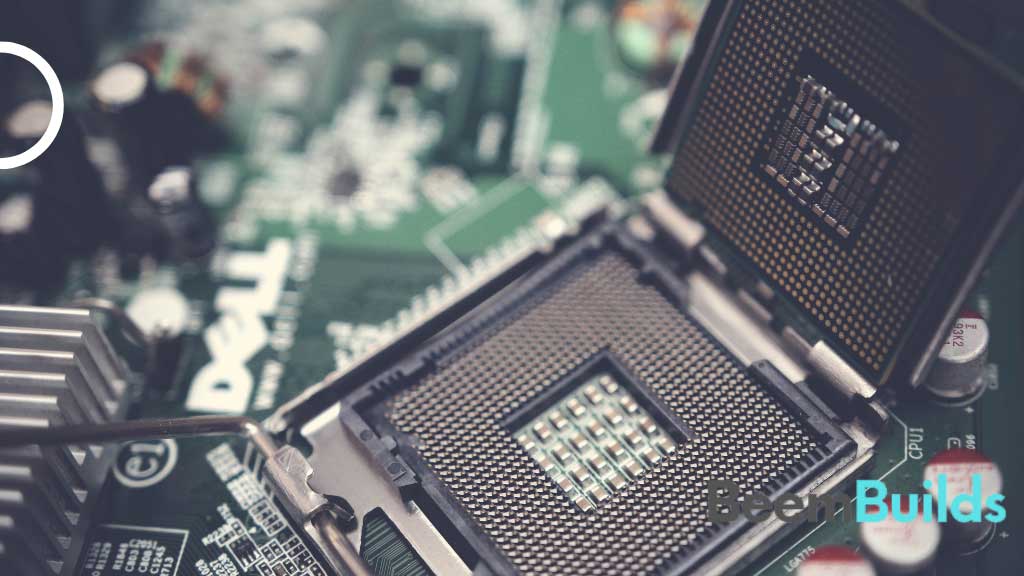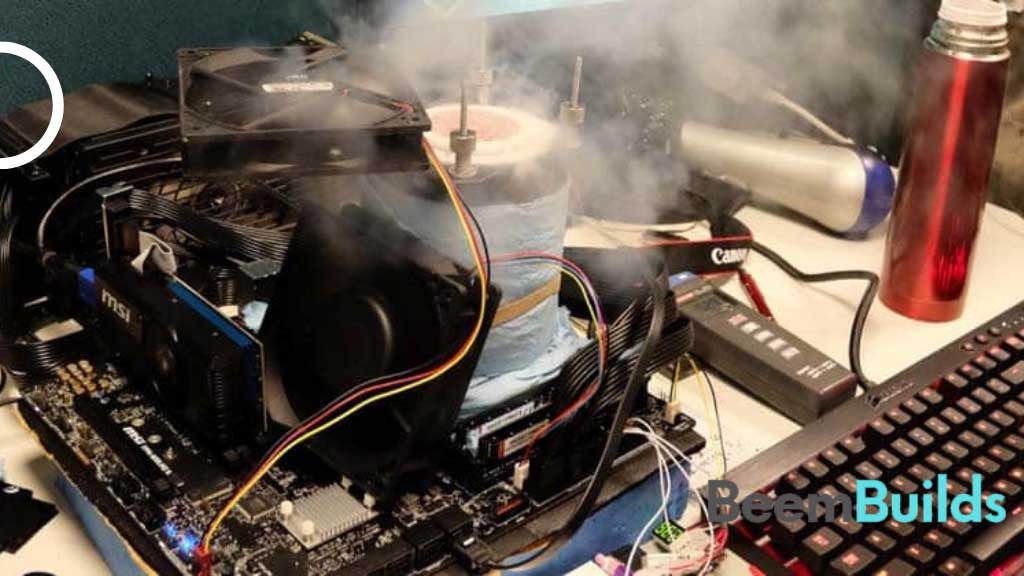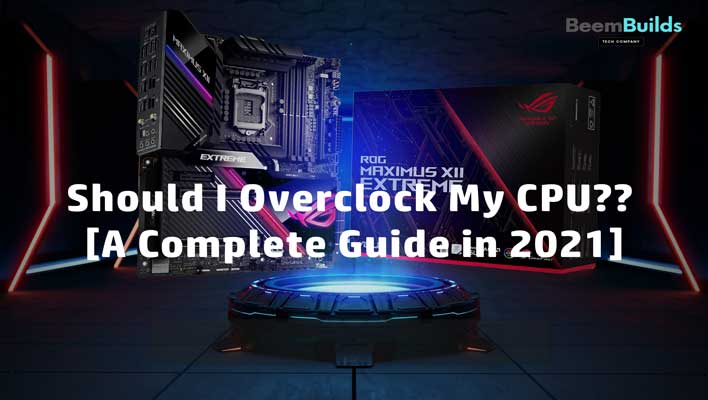CPU and GPU are the two parts of a PC that can be reliably overclocked. Overclocking is something that most people do, but does that necessarily mean you should do it?
Overclocking your devices has enormous known negative effects, such as heating up and the possibility of long-term damage. In this article, we explore the benefits and drawbacks of overclocking. Ultimately, you will decide whether you want to proceed with this. You may also love to read Should I Overclock My GPU?
Table of Contents
Overclocking your CPU has many benefits
 Overclocking does not eliminate the side effects, but most people do it. The risks are quite high, however. In general, the temperature of overclocked CPUs will rise, the power output will increase, and the CPU will work faster for a longer period of time.
Overclocking does not eliminate the side effects, but most people do it. The risks are quite high, however. In general, the temperature of overclocked CPUs will rise, the power output will increase, and the CPU will work faster for a longer period of time.
You could, however, get better results if you use the machine properly and know how to use it. If you use the same CPU every time, you won’t have to upgrade it, you’ll save time and money, and your CPU won’t be cheaper. Therefore, it’s better to keep your mind off those unwanted technical risks that could divert your attention from achieving your goals.
The chances of winning and failing are both present in this process. You will have nothing left but garbage if you keep throwing away the computer you just bought.
Performing overclocking in the right way is the big challenge that will make your device run faster and perform better for the long run, while doing it wrong can turn the whole experience into a disaster quickly.
Also read: How To Overclock GPUs in BIOS?
Overclocking CPUs has drawbacks
 Overclocking comes with a couple of drawbacks that most people are already aware of. This will lead to a failed task for an inexperienced or beginner. Failure is inevitable. Sending your computer in for repair will be the best option, and the worst option will be that you will damage parts that cannot be repaired.
Overclocking comes with a couple of drawbacks that most people are already aware of. This will lead to a failed task for an inexperienced or beginner. Failure is inevitable. Sending your computer in for repair will be the best option, and the worst option will be that you will damage parts that cannot be repaired.
Overclocking is not a straightforward process. The software provided by some motherboards makes the process straightforward. You must consider all the specs of your device, such as its power consumption, fan speed, and other components, as well as its overall system performance before you can speed it up.
It is not always beneficial to overclock because if someone has a slower and older device and wants to use programs that consume a lot of power, then overclocking will not benefit them.
Additionally, the most advanced PCs don’t require extra power to play all the games. Hence, no support and no overclocking are necessary for advanced computers. Overclocking will also void a computer’s warranty, which is unnecessary.
Is it a good idea to overclock?
PCs of various modern and advanced types say no. For your PC to perform better, you don’t need to overclock. If you do it just to say you can or to learn how, it can be very dangerous. Nonetheless, one should be ready for the results if one thinks that one will be cautious and responsible for everything.
In theory, if your CPU is not permanently damaged, it will continue to run for a long time, and you will lose nothing, but it might not last if you don’t care for it. Overclocking should be practiced first before it is applied. It is wise to experiment on an old or unused computer so you won’t regret it later. The more you practice, the better you become.
When it comes to overclocking, the Intel K series is the one that is designed specifically for it. Thus, it will not be compatible. Ultimately, to maintain the temperature of your PC when overclocking, you should also purchase a CPU cooler. Overclocking causes your computer to heat up, and that’s where trouble begins.
Related:
